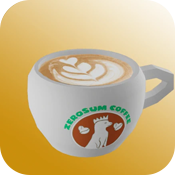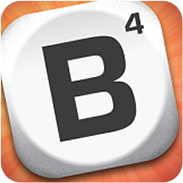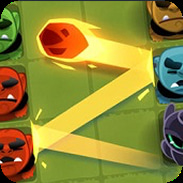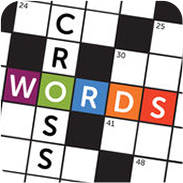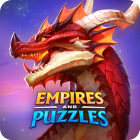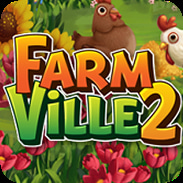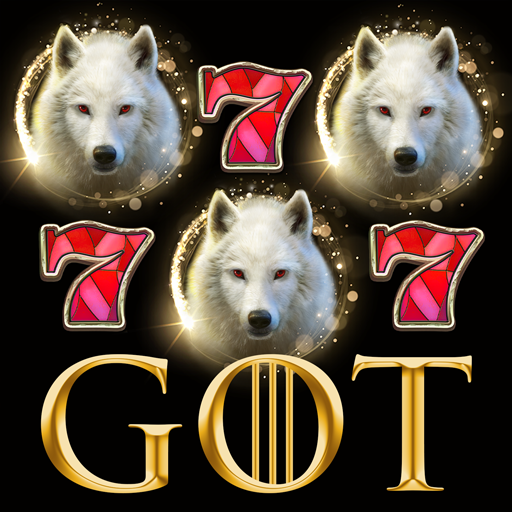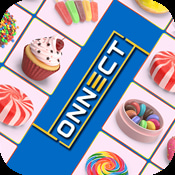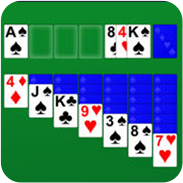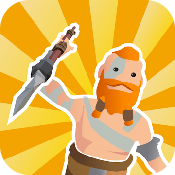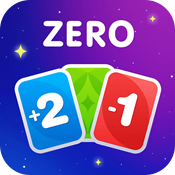AAPI Employee Spotlight: Vijay Pendakur
To celebrate Asian-American and Pacific Islander Heritage Month, Zynga has been spotlighting some of our incredible AAPI-identifying employees throughout May. We recognize the important influence that the AAPI community has had on the history, culture, and achievements of our organization and the world, and are honored to be sharing employees’ stories.
We are wrapping up our month of celebrations with a spotlight on Vijay, our Vice President and Chief Diversity, Equity, and Inclusion Officer based in Austin, USA.

Tell us a little bit about your background, culture, and career.
I’m a second-generation American. My parents immigrated from India in the 1960s and I was raised in the great, and very cold, city of Chicago. I had some profound cultural experiences traveling to India in the 1980s and 1990s, but I actually don’t have a strong Indian cultural identity at this stage of my life. I identify very strongly as Asian American, however, as this is a political identity that connects me to the broader movement for justice and dignity for Asian people in America. Career-wise, I’ve worked professionally in diversity-related fields for about 20 years. My most important commitment is to my family: my wife, Katie, and my two daughters, Mira and Savi.
What is your current role and responsibilities at Zynga?
Vice President and Chief Diversity, Equity, and Inclusion Officer. In this role, I lead four functions for Zynga’s global enterprise: DEI, Learning and Development, University Relations, and Social Impact.
Tell us about joining ZAPI (Zynga Asians & Pacific Islanders) and what the employee resource group means to you?
ZAPI is where it’s at! lol. This ERG, and others like it, are so important at Zynga. ZAPI is a place where API people, and allies, can engage fully in their cultural selves, which can help them feel renewed and courageous when they are in spaces that have very few API people. Affinity communities are key resilience investments in diverse organizations, because many people need to be seen/felt in specific ways that come from being with “your group” during some part of the day or week. This isn’t possible for racial minorities, numerically, without intentional communities that provide temporary experiences of being “the norm,” which allow us to then be our best, most amazing, selves when we’re one of the only in all the other rooms.
What does Asian Heritage Month mean to you?
Asian American Heritage Month is a time of celebration, reflection, and learning. Celebration to help us intentionally bring forward some of the wonderful aspects of our culture and history in this country and create joy for ourselves and allies. Reflection because Asian Americans need an intentional time each year, in my opinion, to step back from the busyness and take stock of where our communities are in the long march towards justice and dignity. And learning, because our stories are still largely erased or obscured in the broader American historical record. The last point is so critical…someone can be considered cross-culturally savvy and know basically nothing about the Asian American experience, past or present. That cannot remain the norm if we are ever going to gain full humanity in this nation.
Do you have an inspirational figure in your life? Who are they and how have they helped you along on your journey?
Either Yuri Kochiyama or my dad. 🙂 For Yuri, and if you don’t know who she is you’ve gotta look her up, I admire her life-long pursuit of justice and dignity for her own and other marginalized communities. She continually reinvented herself to serve the cause of equity for many decades. In regards to my dad, I admire his legacy. He grew up in a tiny village in southern India, with no electricity or indoor plumbing. He immigrated to North America in 1969 and carved a path for our family that has allowed my sister and I to both do full-time DEI work for our entire careers. He not only provided us with financial stability, but was a key driver of our awakening to social justice issues. Even today, in his late 70s, you can find him active with his local ACLU chapter and, when he has the energy, on a picket line somewhere. 🙂
What was the best advice you ever received in life or career?
Culture eats strategy for breakfast. I can have the best ideas or tactics in the room, but if I don’t understand, and work successfully, with the culture…things aren’t going to go well.
Looking back at previous experiences, what makes Zynga stand out the most?
Zynga stands out to me because they took “the risk” to hire me! Ha! I’d been trying to pivot for 2 years from the education and non-profit sector to doing DEI work in tech and almost no one would take my candidacy seriously. Not only did Zynga interview me, they told me from the start that they don’t see me as a “pivot candidate.” It was extremely powerful to be regarded positively from the start and I will always be grateful to Zynga for this.
What’s a personal favorite of yours that you wish to share with the world? (This could be a game, book, food, quote, or more)
My favorite meal of the day is breakfast and my favorite breakfast that I make at home is: scrambled eggs loaded with kimchi, a banana, and a pot of french press coffee…medium roast, organic, preferably from a Central American producer.
Anything else you’d like to share about yourself?
I play guitar every day. My main electric is an American-made Eric Johnson Strat. My main acoustic is a Taylor. I am saving up for a stupid-nice Martin 000/OM because my musical focus these days is on acoustic blues.

